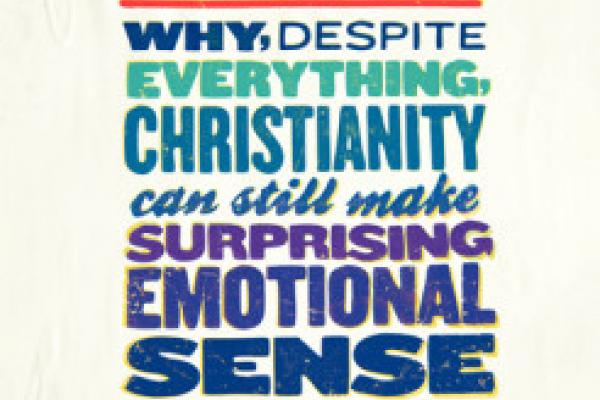Dec 2, 2013
British novelist and essayist Francis Spufford’s spirited defense of the Christian religion is in some ways like eavesdropping on a missionary conversation with the pagans of antiquity.
Unapologetic: Why, Despite Everything, Christianity Can Still Make Surprising Emotional Sense — is the latest attempt at an ancient literary form, the Christian apology, and it makes its appearance in the United States more than a year after it was published in England.
Spufford’s defense of Christianity is aimed primarily at what he calls “godless Europeans,” the post-Enlightenment elites who tend to regard religion with bemusement as a silly fairy tale, if not with open hostility as a dangerous superstition.
Read the Full Article

Already a subscriber? Login
